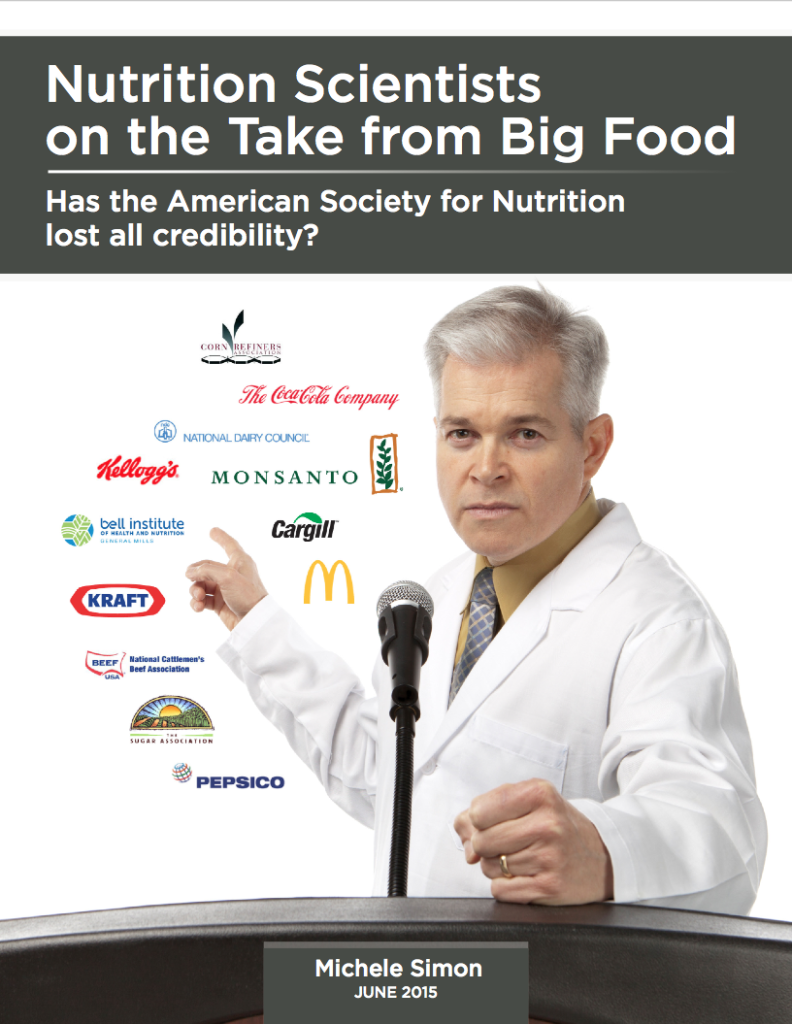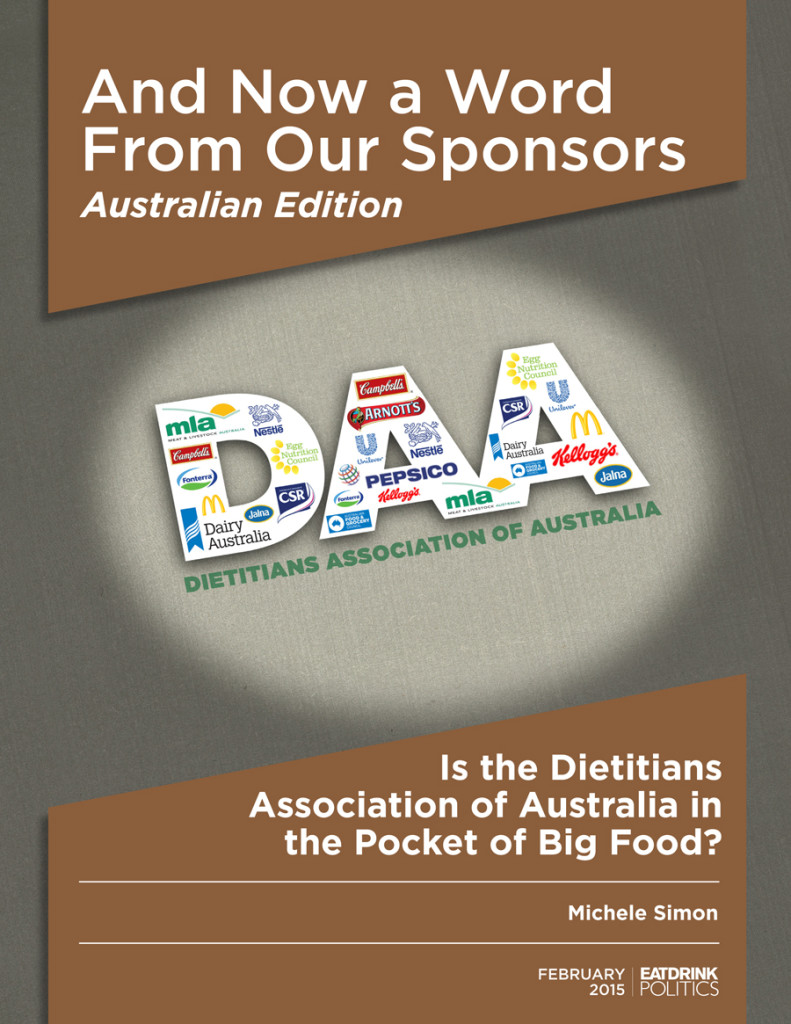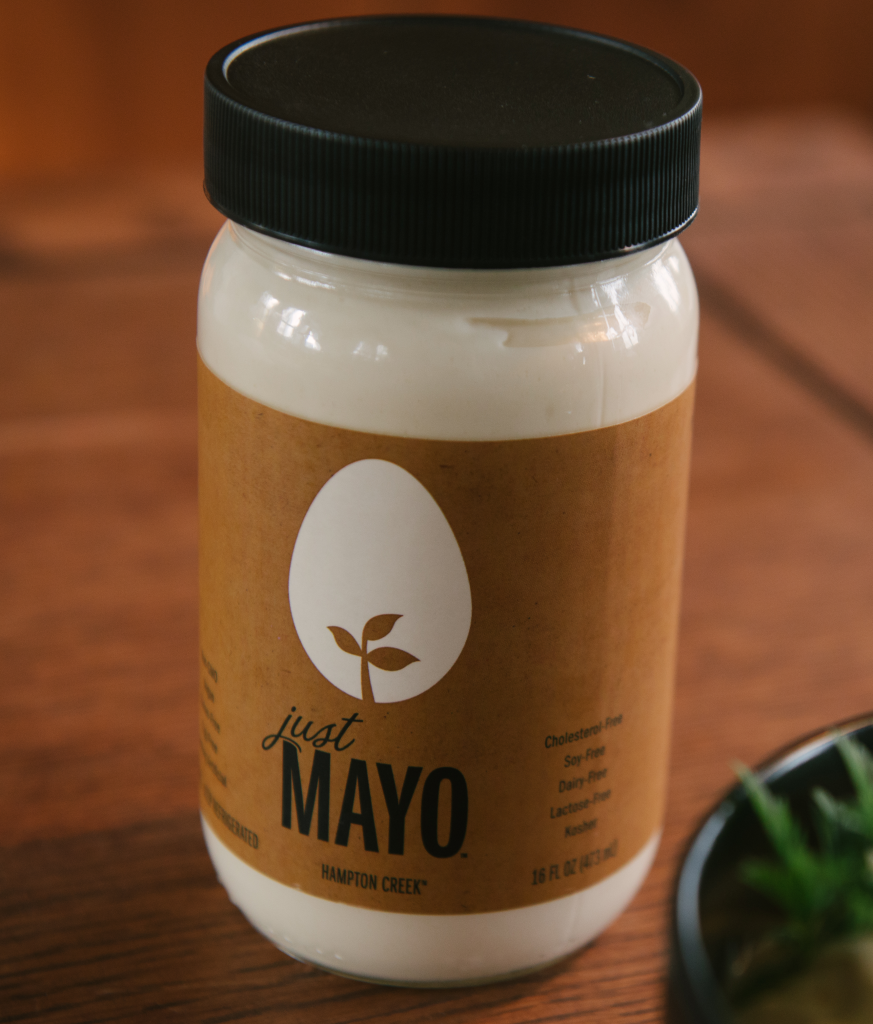
Update at 3:30 pm PT: Unilever just announced it’s dropping the lawsuit. Great idea.
Here’s a winning formula any start-up would want to emulate: Step 1) Engineer a high-quality, more sustainable product to compete in a multi-billion dollar category such as mayonnaise; Step 2) When your competition gets mad enough to file a lawsuit against you, use it your advantage in the media; Step 3) Raise $90 million from investors.
That’s pretty much how Hampton Creek has played it. As I wrote about last month, Unilever sued Hampton Creek over the San Francisco start-up’s Just Mayo product for not containing eggs, which is the entire point of the product. Unilever (maker of Hellmann’s) was upset because Just Mayo was “stealing market share”. But the lawsuit backfired when the multinational giant was excoriated in the media for bullying the little guy. Meanwhile, Hampton Creek received heaps of positive press and increased sales. According to one estimate, just a week of media attention generated about $21 million of free advertising for Hampton Creek.
All that certainly didn’t hurt the company’s efforts to attract additional capital investments, as Hampton Creek has just raised an additional $90 million, bringing the total to $120 million. According to the San Francisco Business Times, the lawsuit “may have helped solidify the company in the eyes of investors”.
The vote of confidence, particularly from high-tech investors, signals a bright future for innovative companies willing to challenge the status quo. New mission-driven companies like Hampton Creek offer a beacon of light to investors seeking an opportunity to put their money toward positive solutions such as creating delicious replacements for unsustainable animal foods. And if they ruffle some feathers of Big Food along the way, that’s a good sign.
Hampton Creek CEO Josh Tetrick (pictured above) told the San Francisco Business Times:
I think what [the lawsuit] did is that it showed all of these people, and our funders, that we’re really not [messing] around. When we say we have a point of view about being mainstream and making healthier food more affordable — even when one of the biggest players in the world comes down on us in a lawsuit — we hold our ground.
Keep holding that ground, it’s working wonders, while making Unilever look even worse.

















